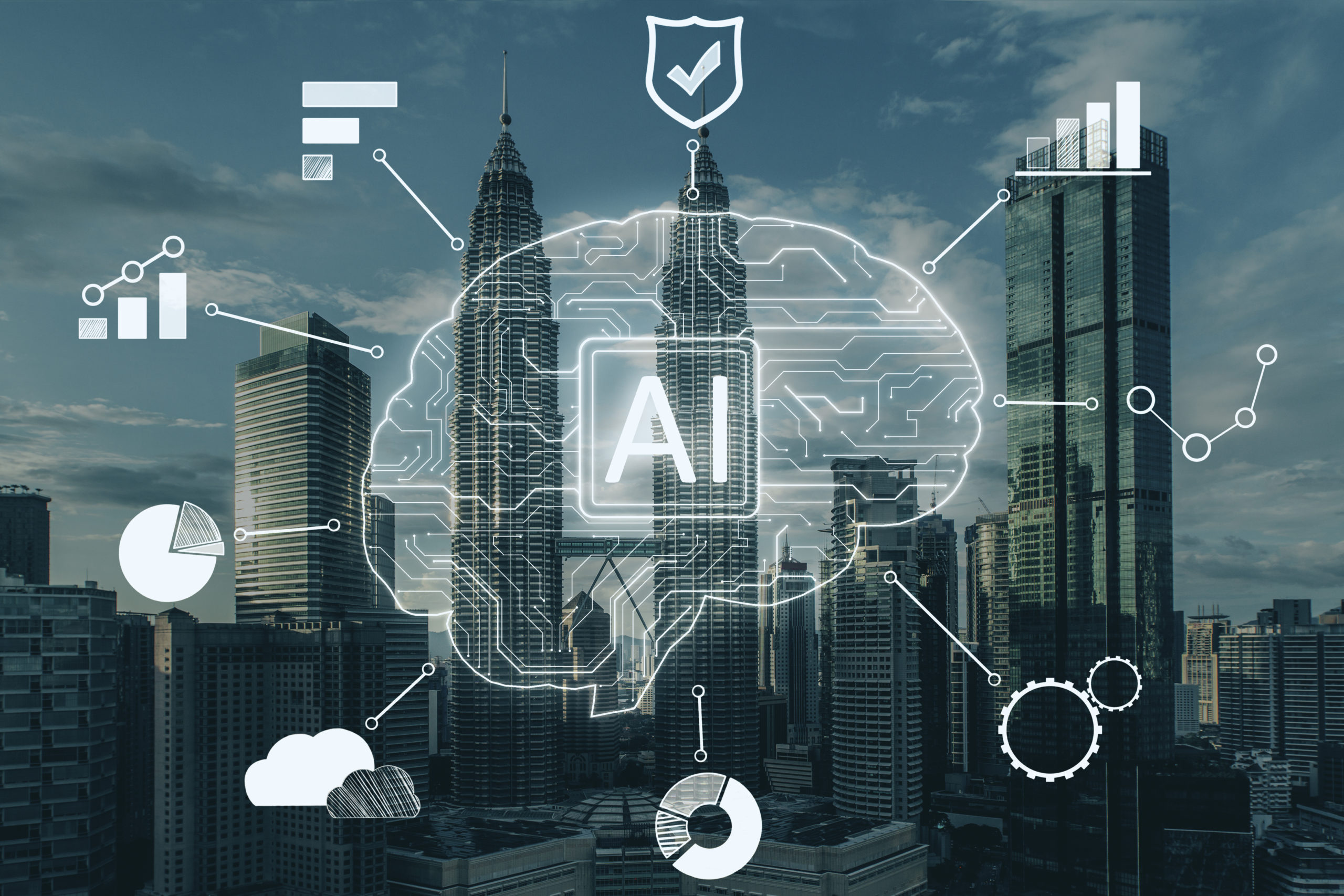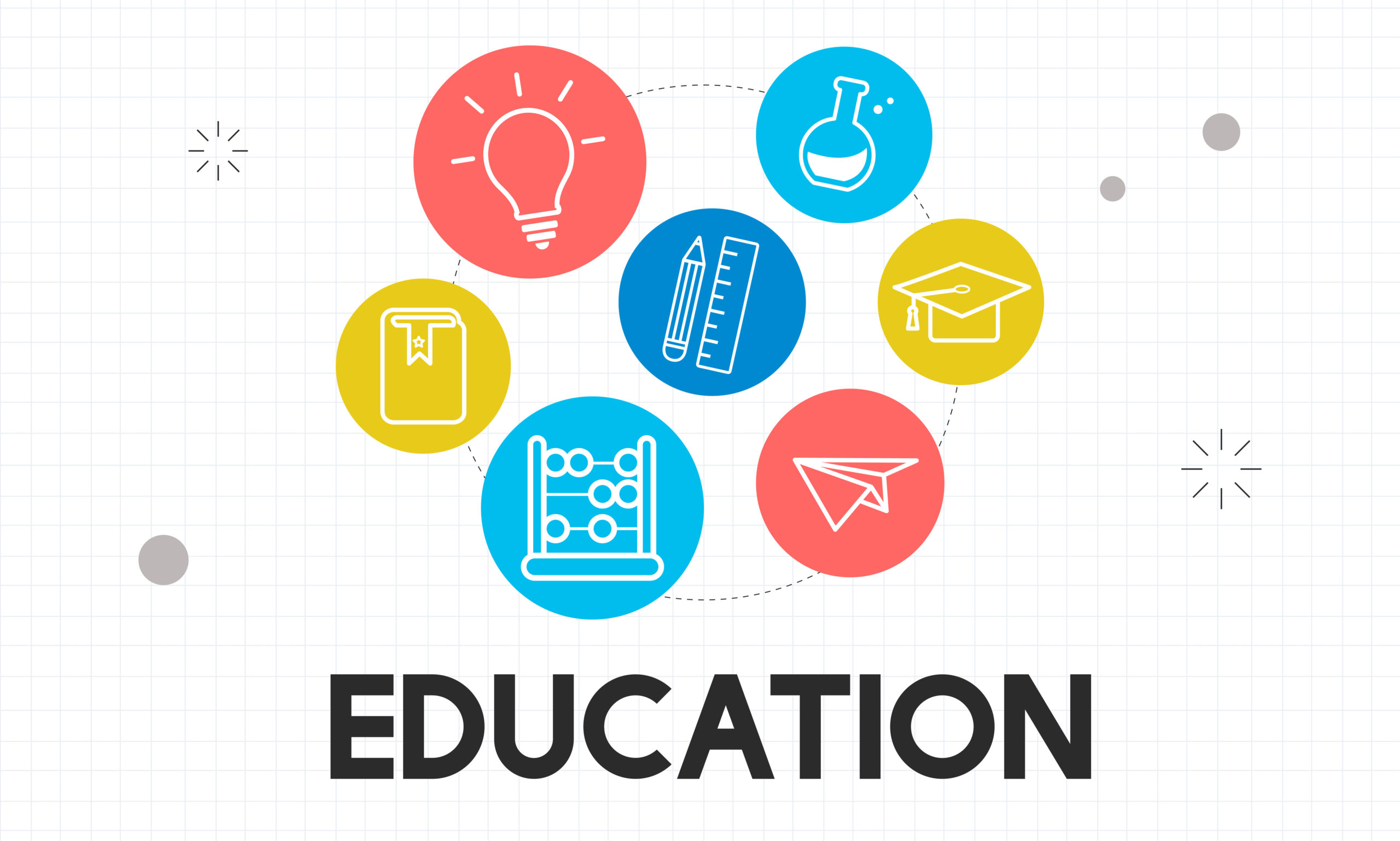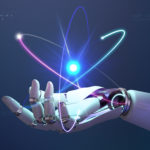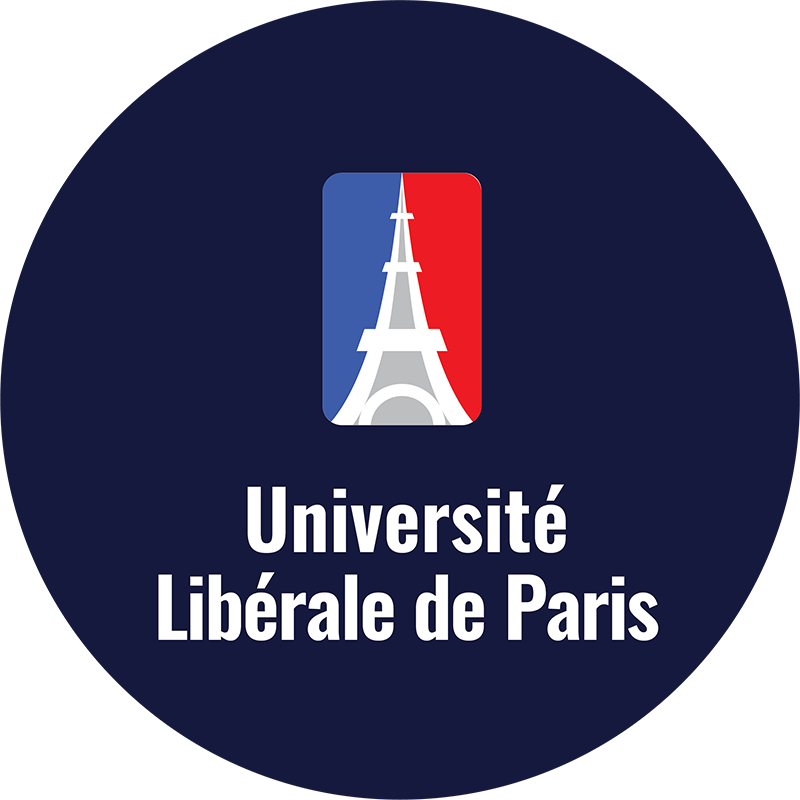Artificial Intelligence (AI) is a rapidly growing field that is transforming many industries, from healthcare to finance to retail. AI refers to the development of computer systems that can perform tasks that normally require human intelligence, such as visual perception, speech recognition, decision-making, and language translation.
We do not deny that AI has brought much of beneficial to our worlds, from working to living experiences. Thus, it also brings a negative impact on the workforce as unemployment happened recently, especially in big-tech companies. In this article, we will answer the question of how you can compete in a competitive workforce.
Table of Contents
ToggleThe consequences of AI to the world & solutions to solve unemployment
The impact of AI on business
Artificial Intelligence (AI) is having a significant impact on businesses of all sizes and across all industries. It is automating many tasks that were previously performed by humans, freeing up employees to focus on higher-value tasks. AI is also providing businesses with new insights and enabling them to make more informed decisions, leading to increased efficiency, productivity, and profitability.

Artificial Intelligence (AI) is having a significant impact on businesses of all sizes and across all industries.
You can read more about Artificial intelligence here.
Many companies are cutting jobs and replacing workers with AI, as machines are more cost-effective and efficient than humans. However, the widespread adoption of the technology is also causing some businesses to reconsider their workforce strategies. From employees’ point of view, being fired puts them into a passive situation as they lose their income and struggle to feed their families in the future.
Unemployment: The consequences of AI to the workforce
The cutting of jobs by AI is having a major impact on the workforce, leading to unemployment and reduced job security for many workers. This trend is particularly prevalent in industries such as manufacturing and customer service, where AI is replacing jobs that were once performed by humans.
For example, in recent news, retail giant Amazon announced plans to replace thousands of human workers with AI robots in its fulfilment centers. The company stated that robots would be faster, more efficient, and less expensive than human workers in the current and near future.

Amazon announcements made a significant impact on the workforce and their business.
However, not all workers are being affected equally by AI. Those with high-demand skills, such as software developers and data scientists, are finding it easier to find new job opportunities, as the demand for their skills is increasing.
Liberal Arts Education: The advantages in the AI world
In this rapidly changing job market, students who study liberal arts education can gain a competitive advantage against these trends. This type of education provides students with a broad knowledge base, including courses in humanities, social sciences, and natural sciences. A broad-based knowledge can give students a unique perspective on problems and the ability to think outside the box.

There are various skills for students to practice in liberal arts education.
Additionally, liberal arts education emphasizes strong critical thinking and problem-solving skills, which are valuable in many industries. It also focuses on developing strong written and verbal communication skills, which are essential in many professions.
Yet, it often includes courses and experiences that develop strong interpersonal skills, such as teamwork, leadership, and cultural competency. These skills are valuable in many industries, particularly in jobs that require interaction with customers, clients, or coworkers.
As AI continues to revolutionize the workforce, it’s becoming increasingly important for workers to have a diverse skill set that can help them remain competitive. Liberal arts degrees offer a number of unique advantages in this respect. Here are just a few reasons why a liberal arts education can provide a competitive edge in the AI age.
Critical Thinking and Problem-Solving Skills

Critical Thinking and Problem-Solving are crucial in AI worlds.
One of the key benefits of a liberal arts education is the development of critical thinking and problem-solving skills. These skills are highly valued in the AI age, where employees must be able to adapt to new technologies and changing business models.
By learning how to think critically and analyze complex problems, liberal arts graduates are better equipped to navigate the rapidly changing AI landscape and find creative solutions to the challenges they face.
Broad knowledge base
Another key advantage of liberal arts education is the broad knowledge base that students gain. This knowledge base provides a foundation for future learning and helps students understand the context in which AI is being developed and applied.

A key advantage of liberal arts education is the broad knowledge.
By having a solid understanding of subjects like history, literature, and the arts, liberal arts graduates are better equipped to understand the social, cultural, and ethical implications of artificial intelligence and make informed decisions about its use.
Strong communication skills
A third advantage of a liberal arts education is the development of strong communication skills. As chatbot is an example of how AI implies better experiences, employees in customer services fields are facing huge unemployment in the exemplar. In the AI age, employees must be able to effectively communicate complex ideas and work effectively in teams.

Strong communication skills are offered in liberal arts education.
Liberal arts graduates are well-prepared in this respect, as they learn to communicate effectively in a range of settings and are trained in writing, speaking, and listening skills. This makes them valuable assets in any workplace, particularly in the AI age where clear and effective communication is increasingly important.
Fosters a passion for learning
Finally, it fosters a love of learning and a desire to continue learning throughout one’s life. This is particularly important in the unemployment trending world, where new technologies and business models are emerging at an unprecedented pace.

Liberal arts education provides students with the motivation and drive they need to learn new prospects
By fostering a passion for learning, a liberal arts education provides students with the motivation and drive they need to continuously improve their skills and knowledge and remain competitive in the workforce.
Conclusion
Artificial Intelligence is having a major impact on businesses and the workforce, leading to the cutting of jobs in many industries. However, students who study liberal arts education can gain a competitive advantage in the technology world.

Liberal arts education provides students with valuable skills and knowledge in the AI world.
Liberal arts education provides students with valuable skills and knowledge that can be preferable in various industries for battling unemployment. It is important for students to choose a liberal arts education that fits their interests and career goals and to take advantage of the opportunities available to them during their time in college.
Université Libérale de Paris is proud to be the first liberal arts university for post-graduates. Our liberal arts education is designed with accredited programs through international recognition.
For a free consultation, you can fill out the form or reach us through social media for further information.




